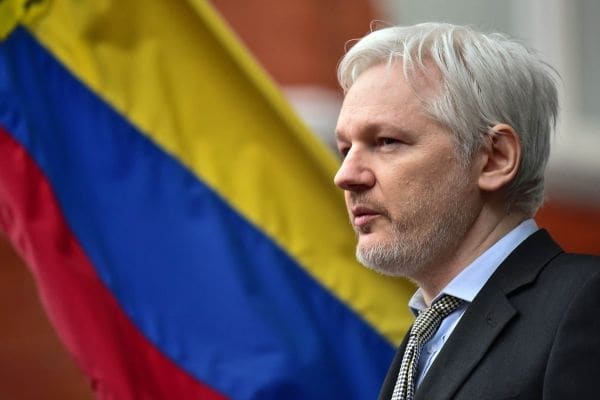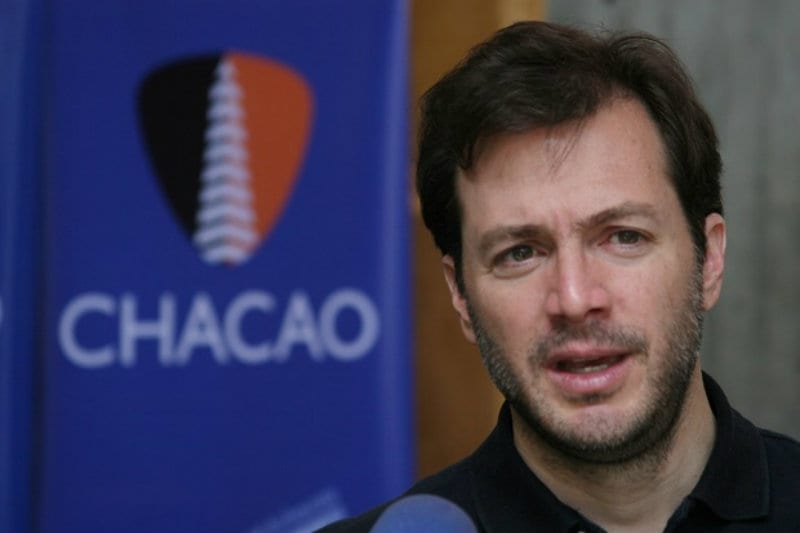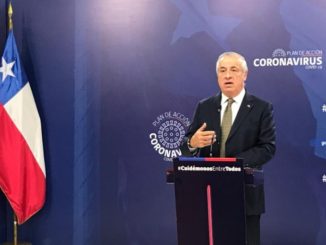
Frank Sicoli / The Santiago Times Correspondent
QUITO — Ecuador looks likely to go to the polls again in April after authorities acknowledged Lenín Boltaire Moreno, the candidate of the ruling leftwing Alianza Pais movement, had fallen just short of the votes necessary to secure the presidency in Sunday’s first round.
And the asylum of Julian Assange, the WikiLeaks founder, in Ecuador’s London embassy could be decided by a small number of votes in a knife-edge election on April 2.
Lenín Boltaire Moreno, 63, has pledged to allow Julian Assange to continue living in the London embassy if he wins Ecuador’s presidential election while his main conservative opponent, Guillermo Lasso, wants to have him removed.
Assange, 45, is trying to avoid returning to Sweden to face rape allegations, fearing that an extradition agreement with the United States could see him sent there for punishment over the publication by WikiLeaks of secret documents released by Chelsea Manning, the former intelligence analyst.
Moreno had 39.1 per cent of votes last night against 28.3 per cent for Lasso, with 89.5 per cent counted.
Ecuadoreans are angry over an economic slump and corruption scandals as South America is moving to the right.
“More than four years after Assange got asylum, he has long overstayed his welcome in the embassy,” Lasso said in an interview with the Guardian. “We will cordially ask Señor Assange to leave within 30 days of assuming a mandate.”
Lasso 61, a former banker, trails the ruling party candidate Lenín Moreno by seven points according to the latest polls, but is well-positioned to win a runoff vote.
Ecuador granted Assange asylum in 2012 to prevent his extradition to Sweden over a sexual assault accusation, with Western intelligence agencies hot on his trail. Ecuador’s self-described ‘anti-imperialist’ president Rafael Correa spurned the United States and gained international prominence by agreeing to shelter Assange.
But since then, the country has started feeling buyer’s remorse. British intelligence closely monitors the embassy. And Assange, who hasn’t stepped foot outside the embassy in four years, is starting to wear on their patience.
“Our staff have been through a lot. There is a human cost,” said Guillaume Long, Ecuador’s foreign minister. “This is probably the most watched embassy on the planet.” In October, 2016, the embassy even cut off Assange’s internet access, citing concerns over Wikileaks involvement in the U.S. presidential race hackings.
“The Ecuadorian people have been paying a cost that we should not have to bear,” said Lasso, a leader in the conservative Creo-Suma political alliance.
The Panama Papers, leaked last year, showed Mr Lasso was involved in ten tax exempt companies. The new president will take office on May 24 for a four-year term.



